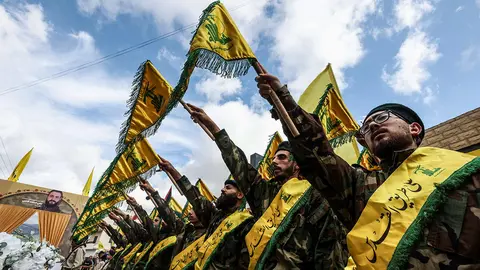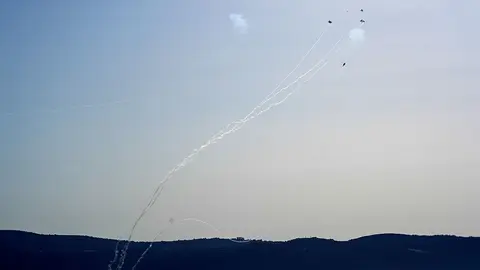Israel will not accept UNRWA when the Gaza war is over
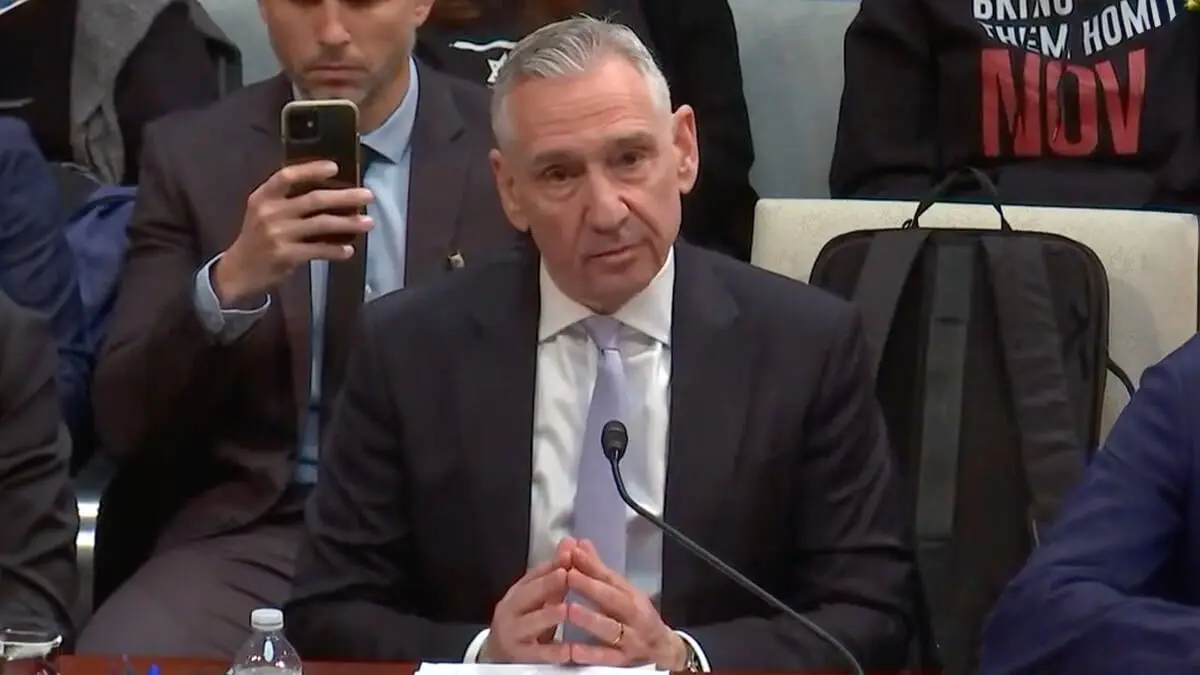
‘I don't know when the war will end, but I am convinced that Israel will not accept a return to the situation before the Hamas terrorist attack of 7 October‘. This is how bluntly Marcus Sheff, CEO of the Institute for Monitoring Peace and Cultural Tolerance in School Education (IMPACT-se), answers Atalayar's questions.
Considered one of the 100 most influential people in the Jewish world, Marcus Sheff visited Madrid, where he held numerous meetings with various professional groups, including a breakfast with journalists.
An advisor to UNESCO and various governments on education policy, Sheff considers the evidence obtained both from witnesses who managed to survive the 7 October massacre and from the Israel Defense Forces (IDF) that at least a hundred of the attackers on that fateful date had been trained and instructed in anti-Semitism and hatred of Israel in UNRWA schools to be proven.
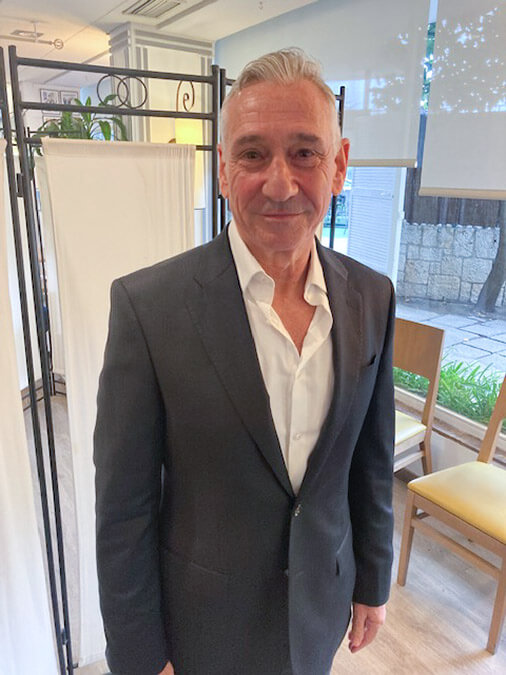
This UN agency for Palestine refugees and the Middle East has been caring for the 5.9 million Palestinians living in Syria, Lebanon, Jordan, Gaza and the West Bank. Funded almost entirely by voluntary contributions from UN member states, until the outbreak of the Hamas war against Israel it had around 1,000 facilities with 30,000 staff, 99% of whom had refugee status.
According to UNRWA Commissioner General Philippe Lazzarini, at least 220 UNRWA staff have been killed and more than 3,000 have had their homes razed to the ground by Israeli bombardment one year after the outbreak of the war.
With several reports in hand, Marcus Sheff, points out that ‘since almost 1950, UNRWA has been criticised for its incitement to violence and anti-Semitism, both through the books and textbooks in the countries where it operates, and in those that the agency itself prints and produces’. He points to the extensive evidence gathered by governments and NGOs by showing the textbooks used to educate Palestinian schoolchildren, which demonstrate that all of the agency's educational programmes ‘glorify violence and terrorism, encourage jihad and martyrdom, incite anti-Semitism and reject the very existence of Israel.
Moreover, the discovery that numerous UNRWA facilities, including schools and school complexes, had housed weapons depots and even mobile rocket launching ramps, as well as serving as shelters and meeting and planning sites for actions against Israel, prompted several individual countries and the European Parliament to agree to freeze funding for the UN agency. Not among them was Spain, which by 2023 had already become the eleventh largest contributor to UNRWA with almost 31 million dollars, more than double what it donated in 2022. In March 2024, Spain agreed to additional aid of 20 million euros to ‘alleviate the most urgent food, education and health needs of the Palestinian people’.
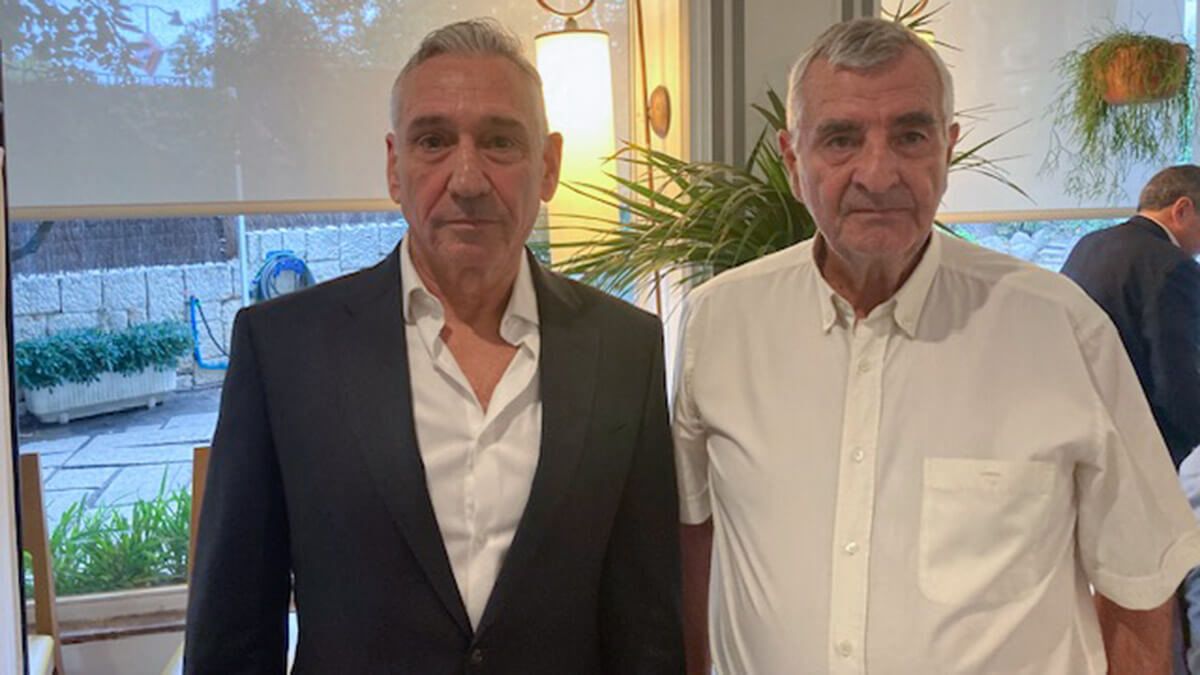
In addition to not following the path of freezing or cutting funds from other countries, especially the United States, the government of Pedro Sánchez decorated the agency's commissioner general, Philippe Lazzarini, with the Royal Order of Isabella the Catholic. Sánchez also proceeded to unilaterally recognise the Palestinian state without waiting for the EU to do so jointly, underlining his decision by receiving the president of the Palestinian Authority, Mahmoud Abbas, at the Palacio de la Moncloa.
In response to further questions from Atalayar, former editor, correspondent and director of strategic communications companies Marcus Sheff, replied that ‘the implementation of the Abraham Accords with various Arab countries has not stopped during the war, and will of course experience a new momentum as soon as we are in the day after’. He admitted, however, a slight slowdown in the implementation of the vast array of industrial, scientific, cultural and technological projects, but stressed that the stakes are so high and so beneficial to the signatory countries that he does not believe at all in their expiry.
The Hamas terrorist attack of 7 October and the subsequent outbreak of war certainly succeeded in slowing down Saudi Arabia's accession to the Abraham Accords at the time. In IMPACT-se's CEO's view, the signing will eventually happen, but in the meantime Riyadh has erased all traces of anti-Semitism from its students' textbooks 'an example that Iran and its satellite organisations are clearly not following'.


